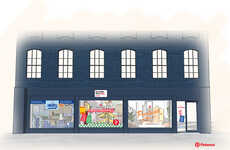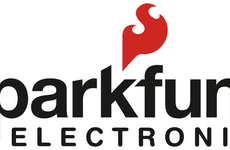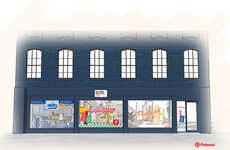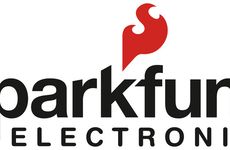



Specialized retailers are offering assemble-it-yourself products to reduce costs
Trend - Retailers across various industries, such as home and garden, crafts, and even electronics are launching with an emphases on DIY projects. By focusing on DIY, these retailers mainly provide base components rather than prebuilt items, often leading to significantly lower prices than competitors.
Insight - Many consumers prioritize saving money over saving time. When shopping for furniture, for example, consumers opt to buy more affordable DIY furniture rather than more expensive pre-built options. These priorities are now extending to other industries, with consumers in adjacent spaces opting for more engaging DIY solutions in search of both a hobby and a method of saving money. In order to appeal to these consumers in a broader sense, specialized retailers with a focus on DIY are opening.
Insight - Many consumers prioritize saving money over saving time. When shopping for furniture, for example, consumers opt to buy more affordable DIY furniture rather than more expensive pre-built options. These priorities are now extending to other industries, with consumers in adjacent spaces opting for more engaging DIY solutions in search of both a hobby and a method of saving money. In order to appeal to these consumers in a broader sense, specialized retailers with a focus on DIY are opening.
Workshop Question - How can we leverage the growing interest in DIY solutions to create more engaging and cost-effective products for our customers?
Trend Themes
1. DIY Retailers - Retailers are shifting to a DIY model to offer consumers cost-effective solutions by providing base components instead of prebuilt items.
2. Engaging Pop-up Experiences - Temporary, multi-functional retail spaces are enabling brands to create immersive and hands-on experiences for consumers.
3. Loyalty Programs for DIY Shoppers - Tailored loyalty programs are being developed to enhance customer engagement by offering exclusive perks and rewards.
Industry Implications
1. Home Improvement - This industry sees a shift towards DIY solutions, allowing consumers to undertake projects that are both budget-friendly and customizable.
2. Electronics - Consumers are increasingly preferring to buy individual components and build custom electronic devices, promoting innovation and personalized solutions.
3. Retail - The retail sector is integrating more specialized and personalized loyalty programs that cater specifically to the needs of DIY enthusiasts.







































